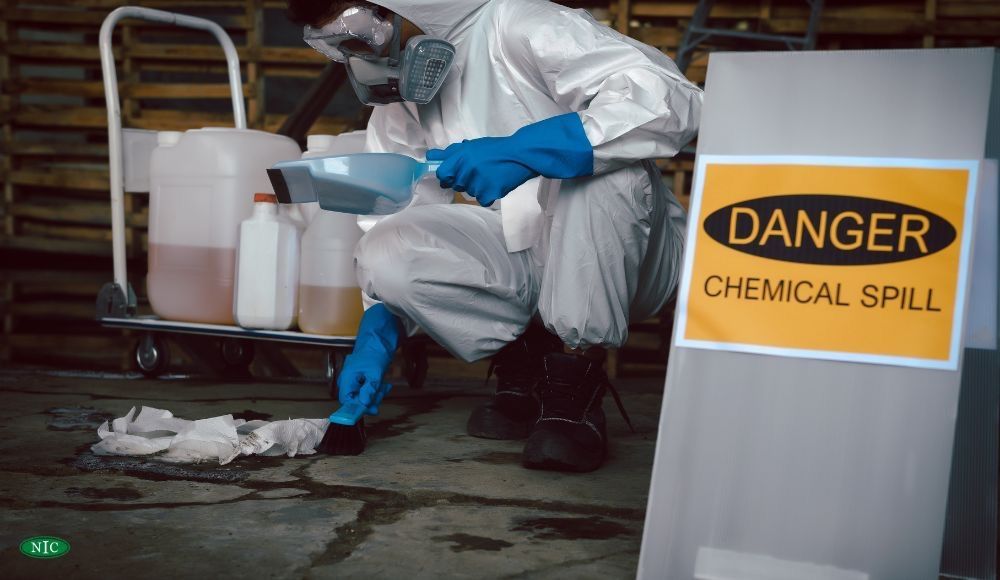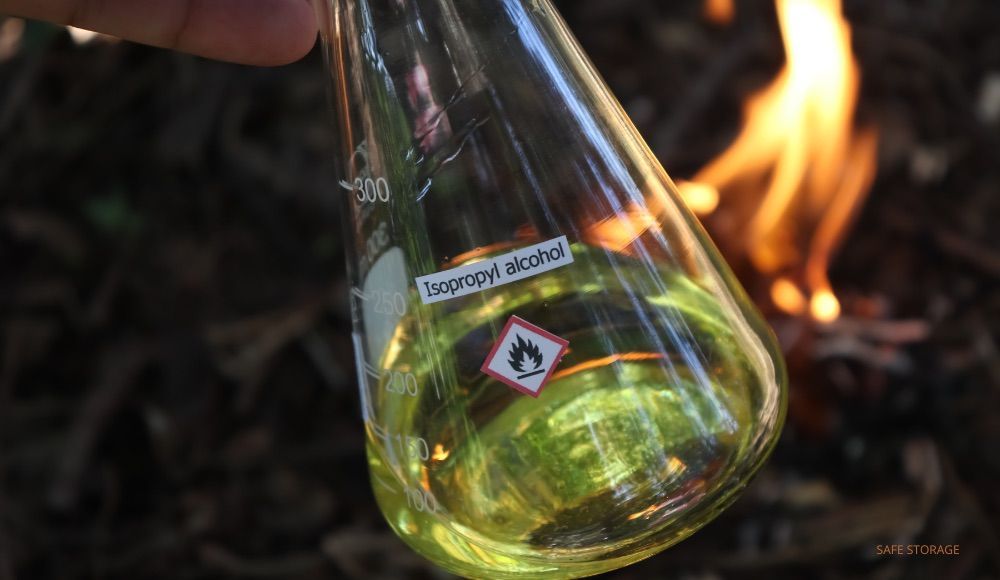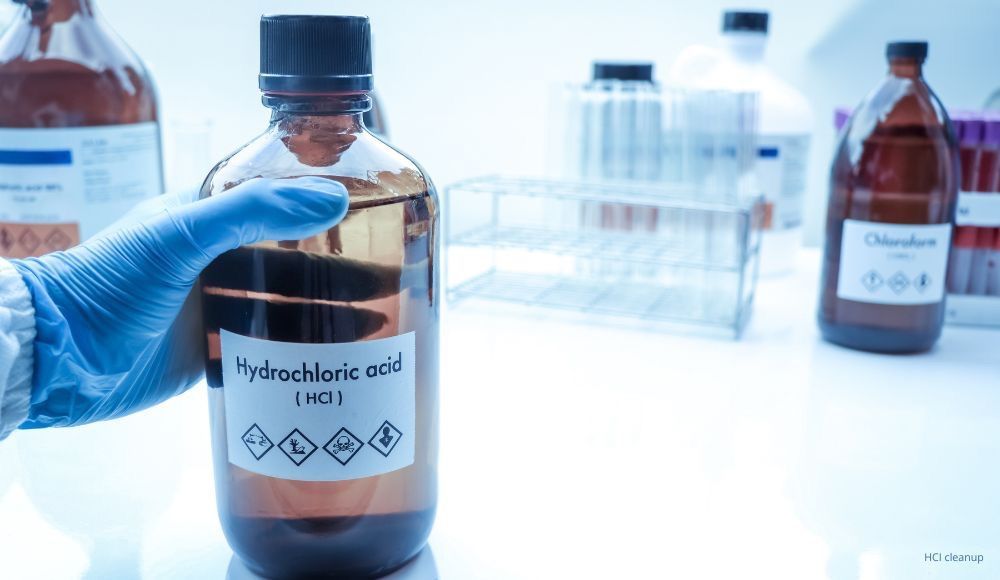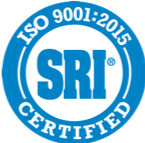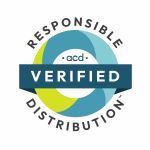Efficient Acetone Storage: How to Store Acetone Properly
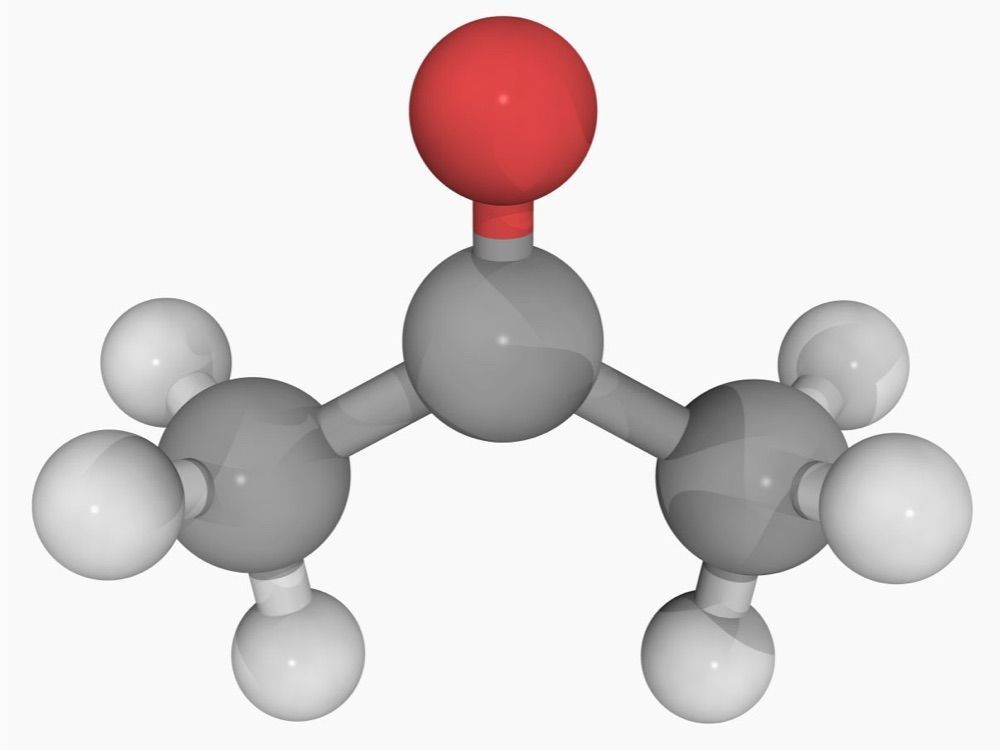
Properly storing acetone is vital for safety and efficiency. This versatile solvent, widely used in industries and households, can pose serious risks if mishandled. This article will cover critical precautions, appropriate storage methods, and regulatory considerations to ensure you store acetone securely and responsibly.
Safety Precautions
When working with acetone, wear appropriate personal protective equipment (PPE) such as gloves, safety goggles, and lab coats to prevent skin and eye contact. Ensure the area is well-ventilated to avoid inhaling fumes and keep acetone away from open flames or heat sources due to its high flammability. Store it in clearly labeled, airtight containers and follow all local and federal safety guidelines to minimize hazards and ensure safe handling.
Selection of Storage Containers
Some containers are ideal for storing acetone, while others are prohibited:
Suitable Containers for Storing Acetone include:
- Stainless Steel: Durable and non-reactive, stainless steel containers are ideal for storing acetone without risk of degradation.
- Safety Cans: Specifically designed for flammable liquids, safety cans reduce the risk of accidental spills and provide a secure, fire-resistant option.
- Original Manufacturer's Container: Use the container provided by the manufacturer to ensure the compatibility and safety of your acetone storage solution.
Prohibited Containers include:
- Polyethylene Plastics: Acetone can dissolve or degrade many polyethylene plastics, leading to leaks or contamination.
- Reactive Materials: Containers made from reactive metals or incompatible materials can cause dangerous chemical reactions, compromising safety and integrity.
The Importance of Storage Location
The storage location of acetone is as critical for safety and stability as the type of container. Companies should keep acetone in a cool, dry environment away from heat sources, direct sunlight, and incompatible chemicals to prevent combustion and degradation.
A well-chosen location minimizes the risk of accidental spills, exposure to flammable conditions, and potential chemical reactions. Proper storage ensures accessibility for safe handling while complying with local and federal safety regulations, reducing the risk to individuals and the environment.
Labeling and Documentation
Proper labeling and documentation ensure the safe storage and handling of acetone. Clearly label containers with contents and hazard warnings. Maintain a storage log and provide accessibility to the material safety data sheet (MSDS). Accurate labeling and records enable quick identification, enhance safety compliance, and aid emergency response.
Conclusion
Storing acetone involves using appropriate containers, such as stainless steel or safety cans, and storing it in cool, dry locations away from heat and incompatible substances. Accurate labeling and documentation, including hazard warnings and accessible Material Safety Data Sheets (MSDS), ensure safety, regulatory compliance, and effective emergency responses.
Contact NIC Today
Unlock the full potential of your operations with North Industrial Chemicals. Whether you're an industrial buyer, chemical engineer, or part of a manufacturing plant, our team of experts is here to provide tailored solutions for all your industrial chemical requirements. Reach out today and discover how we can elevate your processes and efficiency.


Contact
717-845-8647
North Industrial Chemicals, Inc.609 E. King St.PO Box 1985York, PA 17405
All Rights Reserved | North Industrial Chemicals, Inc.

